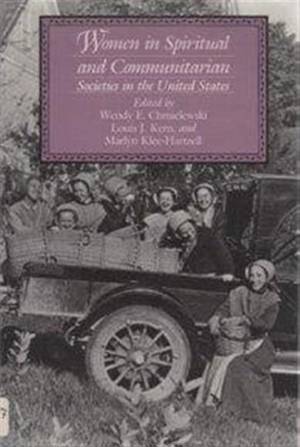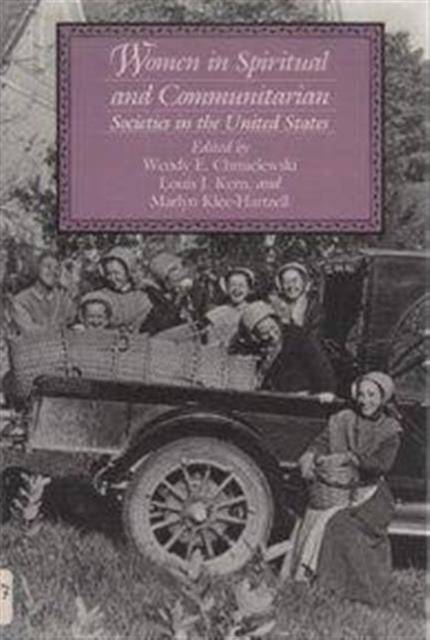
- Retrait gratuit dans votre magasin Club
- 7.000.000 titres dans notre catalogue
- Payer en toute sécurité
- Toujours un magasin près de chez vous
- Retrait gratuit dans votre magasin Club
- 7.000.0000 titres dans notre catalogue
- Payer en toute sécurité
- Toujours un magasin près de chez vous
Women in Spiritual and Communitarian Societies in the United States
30,45 €
+ 60 points
Description
Although the American communitarian movement has long offered critiques of mainstream society and has often claimed to liberate its members from traditional gendered behaviors and institutions, the social experiences of women in communal societies are just beginning to attract scholarly attention. This interdisciplinary collection surveys women's roles and social experience in these societies from the eighteenth century to the present.
Combining both scholarly views and autobiographical material, the authors reveal the complexity and multiplicity of women's experiences in a wide range of religious, secular, and modem interactive-psychology communities. The authors assess women as spiritual seekers; as feminists; as artists and craftswomen; as daughters, lovers, wives, and mothers; as workers; and as economic and political decision makers in their communities. Issues of autonomy, leadership, creativity, sexuality and marriage, gender equality, and the degree of experimentation with women's roles in communities are among the prominent themes of the essays. Scholars and students of American history, religion, sociology, utopian studies, and women's studies will find thatthis book greatly enriches our understanding of women's experience in spiritual and communitarian societies.
Spécifications
Parties prenantes
- Editeur:
Contenu
- Nombre de pages :
- 296
- Langue:
- Anglais
- Collection :
Caractéristiques
- EAN:
- 9780815625698
- Date de parution :
- 01-02-93
- Format:
- Livre broché
- Format numérique:
- Trade paperback (VS)
- Dimensions :
- 153 mm x 230 mm
- Poids :
- 412 g

Les avis
Nous publions uniquement les avis qui respectent les conditions requises. Consultez nos conditions pour les avis.





